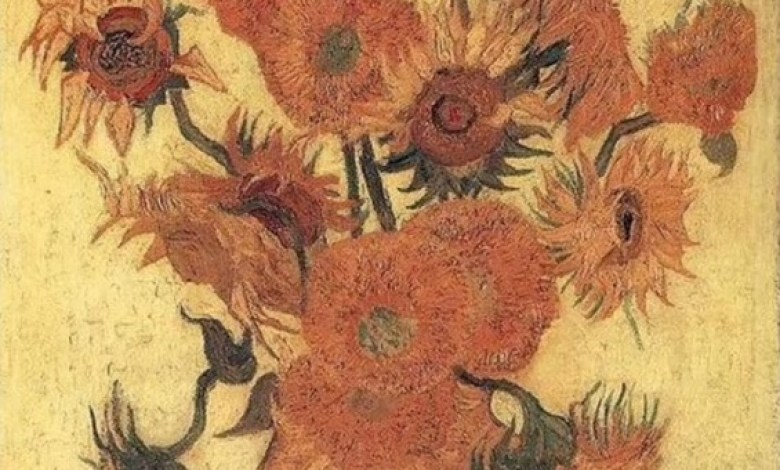Jewish collector heirs urge court to reconsider sunflower claims

German Jewish banker and art collector Paul von Mendelssohn-Bartholdy’s heirs called on Thursday to resume lawsuits in the Chicago Court of Appeals inquiry to seek return to Vincent van Gogh sunflower Their claims paintings were sold under Nazi coercion Court News Report Thursday.
In 2022, three heirs to Paul Von Mendelssohn-Bartholdy, headquartered in New York and Germany, filed a lawsuit against Japanese insurer Sompo Holdings in the Illinois District Court. Litigation claims sunflower (1888) purchased by Sompo’s former company Yasuda at Christie’s auction in 1987, which ignored a source and identified Mendelssohn-Bartholdy as a victim of Nazi coercion.
The lawsuit, filed under the 2016 Holocaust Art Restoration Act (HEAR), aims to restore painting and earn Sompo Holdings profits from exhibitions sponsored by the Institute of Arts sunflower In Chicago in 2001.
“Your honor, at the heart of this case, involves a subject as old as human temptation itself, which is the classic devil’s bargaining,” Byrne Goldberg’s attorney Thomas Hamilton Court News. “When a party in exchange for a party that gains some kind of illegal advantage or power, promises great wealth and fame, confiscates its true identity and mortgages its future.”
Mendelssohn-Bartholdy’s collection includes works such as Pablo Picasso, Claude Monet and August Renoir from the mid-1930s. He sold the competition sunflower 1934.
The lower court dismissed the case in 2024, saying it lacks general “litigation-related links” to Illinois. The heir appealed that the fact that the work was in Chicago established sufficient legal ties to the state of Illinois.
“These policies also prohibit federal courts from exercising their maximum judicial mandate and discretion to fulfill these claims and to resolve them promptly, equitably and in their substantive merits,” the heirs wrote in the appellate summary. “When enacting the Hearing Act, Congress explicitly invoked its constitutional powers and foreign policy authority to promote its long-standing priority to return Nazi-registered artworks to its due owner.”
Thomas Hamilton, a lawyer representing the heir, once proposed that the argument for returning to the heir was heard in 2009. The bill was created to implement the principles of the Terezin Declaration, a legally unbinding international agreement (a diplomatic promise) signed by 46 world governments to facilitate when possible art held by Nazis returns.
However, Daniel Graham, Sanpo’s legal representative, argued in court Thursday that this was not a case of Nazi convening art. sunflower In auction.
The lower court also determined that, as the Trezin Declaration was not binding, “the heirs’ claim was solely based on ‘ideal social policy’ and avoided judicial powers to carry out such a matter of conscience.’’’’”



